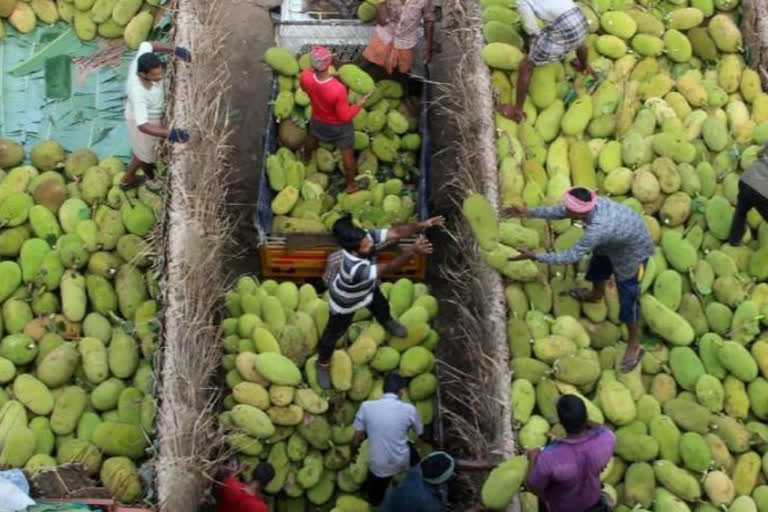Thiruvananthapuram: Kerala is all set to take a major step in creating and upgrading micro-enterprises focussed on food processing based on local crops and localised food products in the state with the 'One District One Product programme'. The program will include a range of local produce from jackfruit and coconut-based products to spices to tapioca and mussels.
A joint program by the State and the Centre, the One District One Product (ODOP) programme is part of the Atmanirbhar Bharat scheme from the Central Government and will be effected in Kerala by February.
The ODOP would be implemented across the country as part of the PM Formalization of Micro Food Processing Enterprises (PM FME) scheme, aims at addressing the challenges of credit, technology, and market access and ensuring the sustainability of farmers and micro-enterprises attached to the food processing industry. Through the ODOP, the value addition and marketing of a particular farm crop which is produced more in a district would be carried out under the supervision of the Government. Kerala Industries Department is responsible for the programme.
Right from the procurement, storage, processing, branding up to the sales, the department would train the entrepreneurs thoroughly in each aspect. The programme would make credits and subsidies available to the entrepreneurs. It would also ensure that the farmers get a good price for their crops and the entrepreneurs are able to generate good revenue, and also create more job opportunities in the region.
The programme has been designed such that the Centre bears 60 per cent of the cost involved and the State 40 per cent. In the current fiscal, the State has earmarked Rs 16.92 crore for the project.
